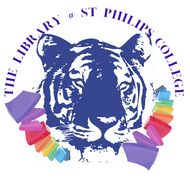Understanding Ingredients for the Canadian Baker
(View Complete Item Description)This book is intended to give students a basic understanding of the various types and uses of ingredients used in the baking industry, and how certain ingredients, in particular grains and flours are produced, graded and processed in Canada.Understanding Ingredients for the Canadian Baker is one of a series of Culinary Arts books developed to support the training of students and apprentices in British Columbia’s food service and hospitality industry. Although created with the Professional Cook and Baker programs in mind, these have been designed as a modular series, and therefore can be used to support a wide variety of programs that offer training in food service skills.
Material Type: Textbook




















